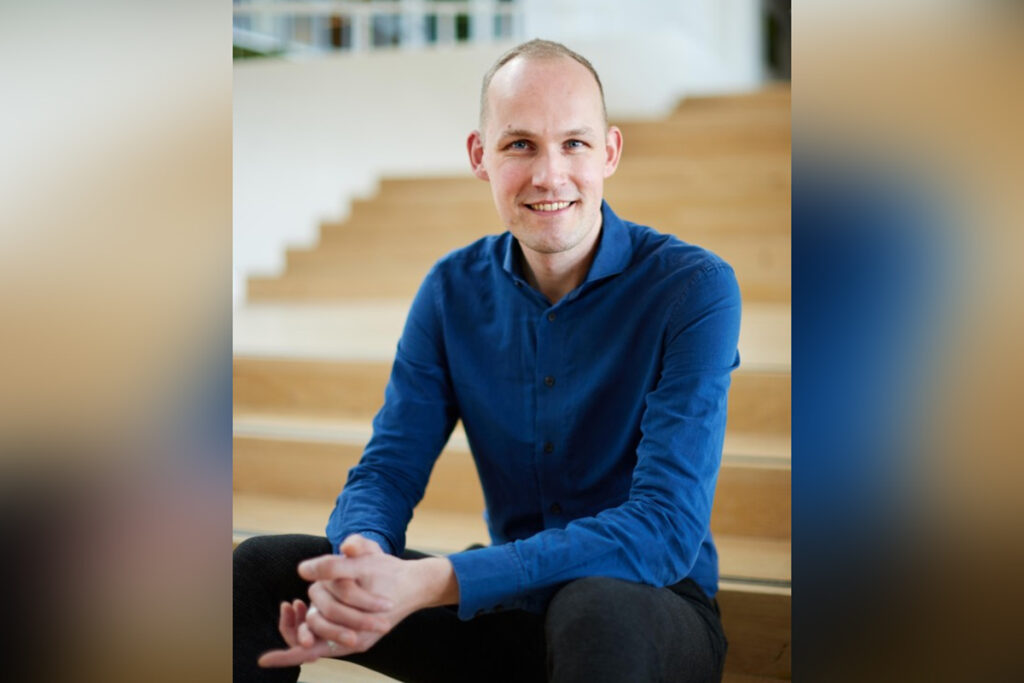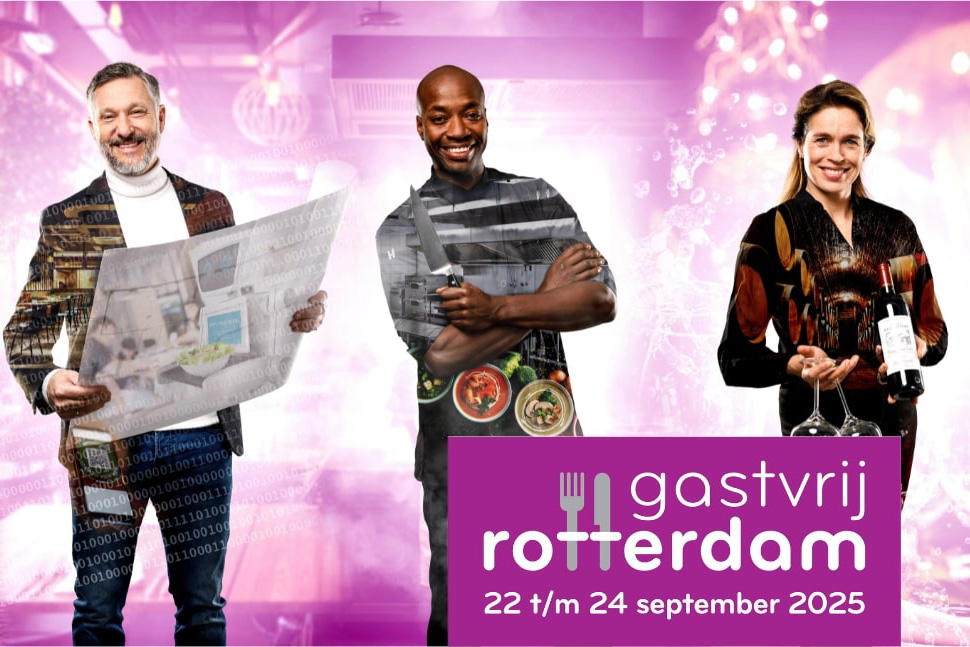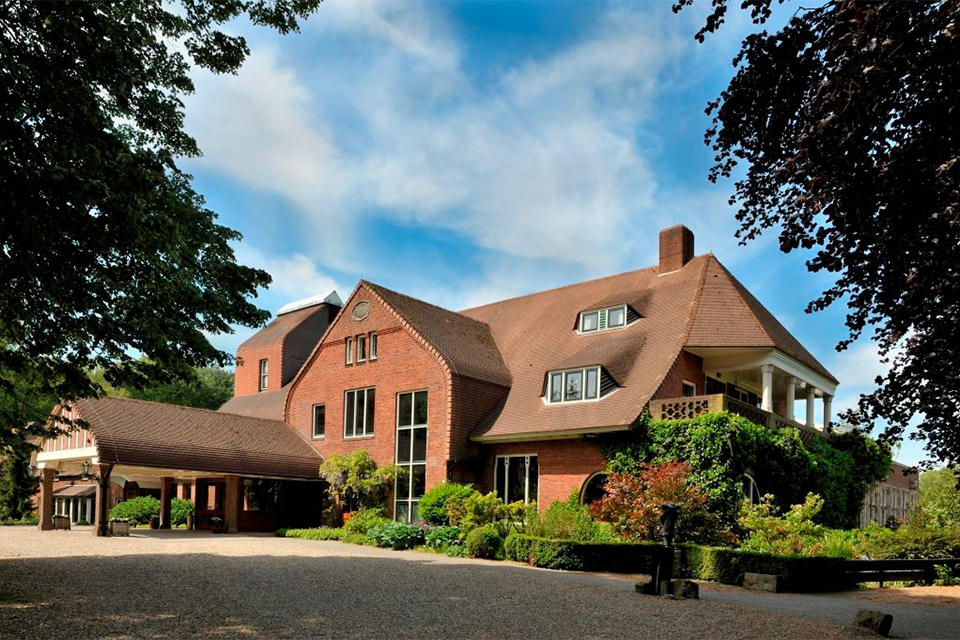
Stefan Hartman (NHL Stenden): 'Deploy tourism for broad prosperity, not just the economy'
Amsterdam knows all about it: when you look at tourism solely through an economic lens, sooner or later things go wrong. Residents are now even taking the municipality to court for not doing enough against mass tourism. "Tourism in the region should not be an end in itself, but a means to strengthen broad prosperity." Says Dr Stefan Hartman from NHL Stenden University of Applied Sciences. An important signal towards World Tourism Day on 27 September. Hartman is programme manager of the European Tourism Futures Institute (ETFI), part of NHL Stenden.
Broad prosperity is about well-being, sustainability and opportunities for future generations. And tourism can surprisingly contribute to that. Hartman: "We need to take tourism away from the hard economic domain and link it to liveability, nature and culture. See tourism as part of area development. Just like housing and healthcare facilities. Then everyone benefits and you strengthen the region's well-being."
Optimising value
"Amsterdam is the example of how not to do it," Hartman continues. "There, tourism has completely overshot and residents are paying the price. You have to look at how to optimise the value of tourism." Residents should also benefit. According to Hartman, tourism can contribute to facilities that are otherwise unaffordable, such as museums and cultural events. This requires cooperation between entrepreneurs, governments and knowledge institutions.
Balance of joys and burdens
"The lesson from Amsterdam is that you should never separate tourism from your city or region," concludes Hartman. "Tourism should become a natural part of area development. At ETFI, we are full steam ahead to make this change together with entrepreneurs, municipalities and governments. With initiatives like Arcadia, Friesland shows how tourism can contribute to broad prosperity. This also really benefits the inhabitants. Such a turnaround requires guts, cooperation and a different way of thinking."



